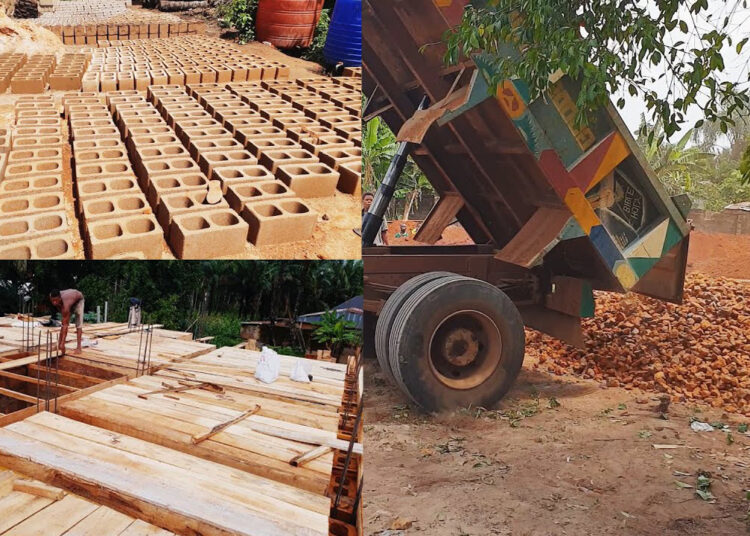In recent years, the construction industry in Nigeria has faced a significant challenge – the soaring cost of building materials. The rising prices of essential construction inputs such as cement, steel, sand, and gravel have made it increasingly difficult for developers, contractors, and homeowners to undertake construction projects. This phenomenon has not only impacted the affordability of housing but has also hindered infrastructure development and economic growth in the country.
Factors Contributing to the High Cost of Building Materials
Several factors have contributed to the high cost of building materials in Nigeria. One major factor is the increasing demand for housing and infrastructure development due to population growth and urbanization. This surge in demand has put pressure on the limited supply of building materials, leading to price hikes.
Another significant factor is the lack of local production capacity for key building materials. Nigeria heavily relies on imported materials such as roofing sheets, steel, iron, sanitary ware which are subject to fluctuations in international markets and exchange rate variations. This dependency makes the construction industry vulnerable to external factors beyond its control, further driving up costs.
Additionally, challenges such as inadequate infrastructure, high energy costs, bureaucratic bottlenecks, and inconsistent government policies have all contributed to the high cost of building materials in Nigeria. These issues have hindered the establishment of efficient supply chains and increased the production costs of building materials, ultimately passing on the burden to consumers.
The high cost of building materials has had a profound impact on the construction industry and the economy as a whole. Small and medium-sized contractors and developers are particularly affected, as they struggle to absorb the escalating costs or pass them on to consumers, leading to project delays and cancellations. This, in turn, has hindered job creation and economic growth in the sector.
The affordability of housing has also been compromised, making it challenging for low and middle-income families to access decent shelter. As a result, the housing deficit in Nigeria continues to widen, exacerbating social inequalities and hindering sustainable urban development.
Furthermore, the high cost of building materials has impeded infrastructure development, limiting the government‘s ability to invest in critical projects such as roads, bridges, and public buildings. This has not only hampered the country‘s overall development but has also weakened its competitiveness on the global stage.
Addressing the high cost of building materials in Nigeria requires a multi-faceted approach involving government intervention, industry collaboration, and policy reforms. Encouraging local production and investment in manufacturing capacity for key building materials is essential to reduce dependency on imports and stabilize prices.
Additionally, improving infrastructure, streamlining regulatory processes, and providing incentives for innovation and technology adoption can help lower production costs and enhance the efficiency of the construction industry. Collaborations between the public and private sectors, as well as engagement with international partners, can also foster sustainable solutions to address the challenges facing the sector.
The high cost of building materials in Nigeria is a critical issue that requires urgent attention and concerted efforts from all stakeholders. By implementing strategic interventions and fostering a conducive environment for investment and growth, the country can overcome these challenges and unlock the potential of its construction industry for sustainable development and economic prosperity.
– Ahusimhenre writes from Karsana, Abuja





